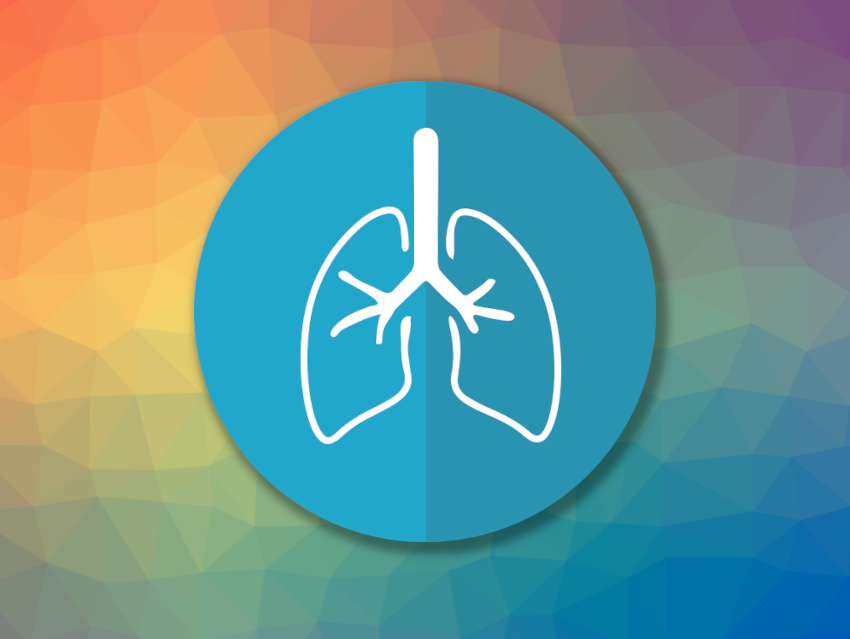Microrobots are tiny robots with sizes smaller than one millimeter that can be composed of synthetic or biological materials and can move using, for example, magnetism or natural motility as seen in cells like sperm. In medicine, microrobots show promise in the delivery of drugs to sites that are difficult to reach. Given the rise of respiratory diseases, drug delivery into the lungs is increasingly relevant. So far, microrobots have been used in the lungs by injection using a needle or a catheter, a method that is rather complicated and causes discomfort to the patient.
Liangfang Zhang, Joseph Wang, University of California San Diego, La Jolla, USA, and colleagues have developed a non-invasive therapeutic approach by inhalation of biohybrid microrobots into the lungs. They used microrobots based on the green algae Micromonas pusilla, which is 1.2 µm in size and can “swim” using a flagellum, a hair-like appendage. They aerosolized the algae robots into tiny droplets in a buffer solution and delivered them into the lung of mice via inhalation.
The researchers found that not only did inhalation distribute microrobots evenly in the lungs but also that the algae robots were able to survive for up to five days, as opposed to only three days when they used immobile algae robots without flagella. They found that their ability to swim allowed the algae microrobots to escape phagocytosis, a natural defense mechanism of the immune system by which foreign cells or components are virtually eaten up by cells called macrophages.
The team then loaded the algae microrobots with polymeric nanoparticles containing an antibiotic and used the inhalation treatment on mice with acute pneumonia. This method reduced the bacterial load in the lungs of the mice notably and more efficiently than treatment with the antibiotic alone. Thus, inhalable microrobots could be useful for the non-invasive and efficient treatment of lung diseases with a wide range of possible therapeutic applications.
- Inhalable biohybrid microrobots: a non-invasive approach for lung treatment,
Zhengxing Li, Zhongyuan Guo, Fangyu Zhang, Lei Sun, Hao Luan, Zheng Fang, Jeramy L. Dedrick, Yichen Zhang, Christine Tang, Audrey Zhu, Yiyan Yu, Shichao Ding, Dan Wang, An-Yi Chang, Lu Yin, Lynn M. Russell, Weiwei Gao, Ronnie H. Fang, Liangfang Zhang, Joseph Wang,
Nat. Commun. 2025.
https://doi.org/10.1038/s41467-025-56032-4

